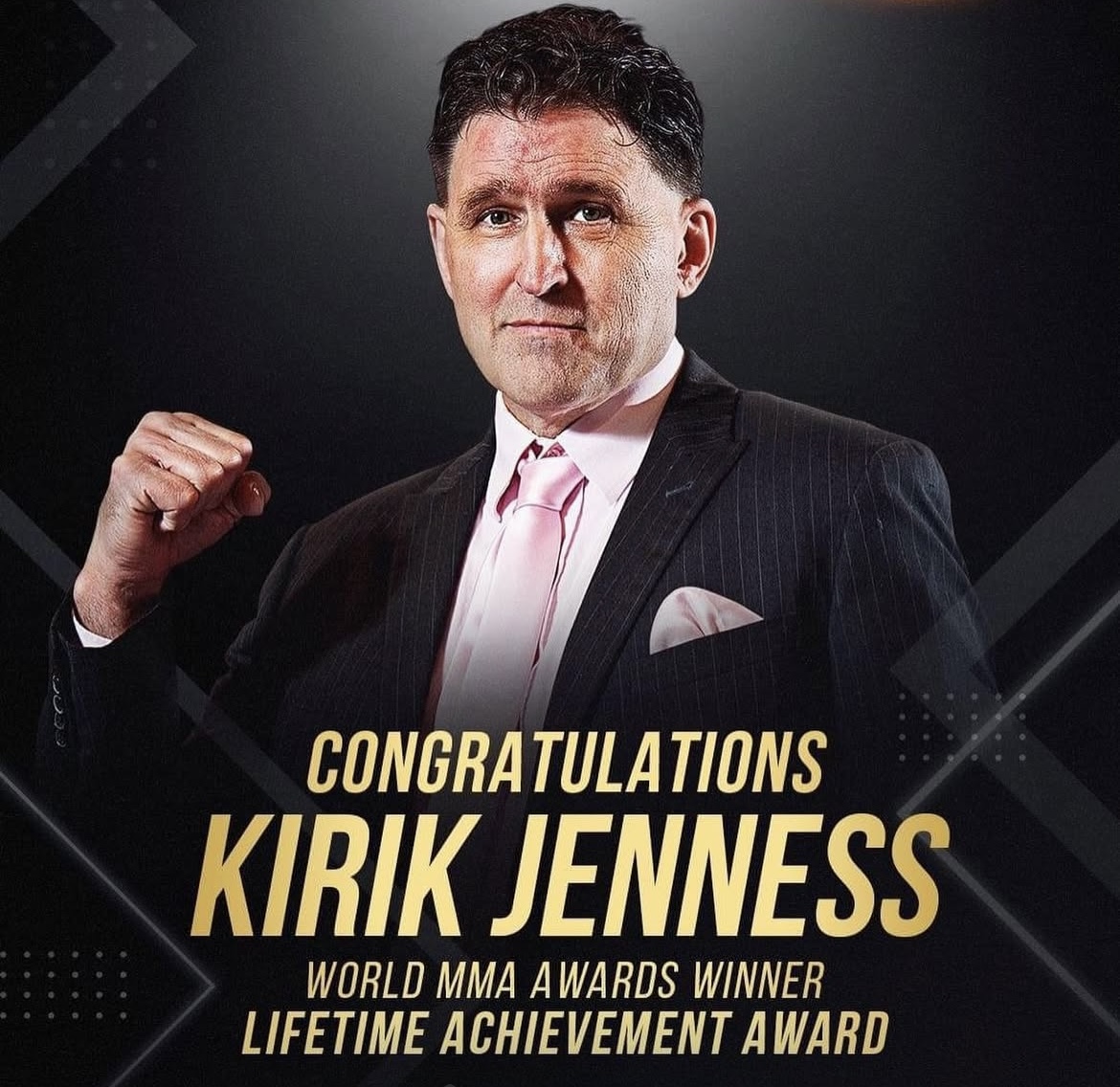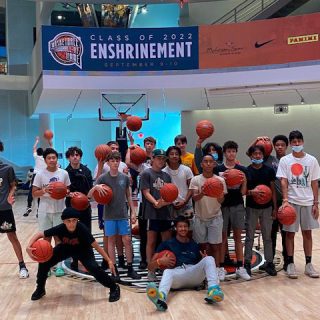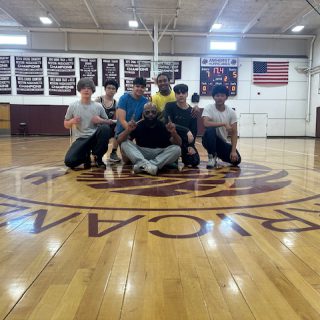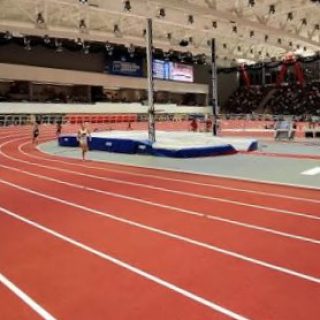An exclusive interview with MMA legend and coach Kirik Jenness

Local gym owner Kirik Jenness is no stranger to the thrill and excitement of cage fighting. Having co-founded New England Submission Fighting, the first Mixed Martial Arts (MMA) gym in Massachusetts, Jenness is a pioneer in the sport. Jenness himself has competed in both Mixed Martial Arts (MMA) and grappling competitions, as well as refereeing, commentating, cornering, and officiating thousands of matches for some of the top MMA promotions in the world. Jenness has dedicated his life to the sport. I was thrilled to be able to sit down with him and learn more about his life and his philosophy about the sport.
Daniel: What got you into the sport of MMA?
Kirik: I saw Enter the Dragon in the summer of 1973, and ever since then, I wanted to be just like Bruce Lee.
Daniel: What do you love about the sport of MMA?
Kirik: I love that it is the application of the scientific method to martial arts. Martial Arts used to “prove their effectiveness” via telling anecdotes, arguments, etc. MMA came along with the idea as simple as wheels on luggage; if you want to see what methods work best, have experts from different disciplines fight each other.
Daniel: When you used to fight, what did your training look like?
Kirik: Primitive by today’s standards. It consisted of lots of running and sparring.
Daniel: What does training look like for fighters in a fight camp?
Kirik: Top fighters typically train twice a day. Top camps have training during the day for pro fighters, and they come back in the night to do conditioning. Training consists of much less contact sparring, and to develop striking, the central method is hitting Thai pads. There’s also a lot of time spent on live wrestling and jiujitsu rolling.
Daniel: What did weight cutting look like when you fought?
Kirik: The worst. Weight cutting is the fight before the fight, and often it beats up your body more than the fight. Weight cutting is the worst thing in the sport, and the most I ever cut was 23 pounds of water weight, and that’s not even that much. I cut weight by water loading, followed by riding a bicycle in a sauna suit in a sauna.
Daniel: What are the biggest MMA promotions you’ve worked for?
Kirik: For the UFC, I do their rankings (of fighters), I serve as the official recordkeeper for every promotion in North America, I do TV commentary for Brave CF and Reality Fighting, and train fighters in local promotions (CageTitans, NEF, etc).
Daniel: What big names have you commentated/cornered/reffed for?
Kirik: For promotions, UFC, Strikeforce. Local Promotions, Reality Fighting, which is the oldest MMA promotion in New England. I worked with the Number 1 and Number 3 ranked fighters, Khamzat Chimaev and Illia Topuria, as they came to the UFC straight from Brave CF. I spent two fight weeks with Topuria and 3 fight weeks with Chimaev. During the fight weeks, I conducted interviews and took care of whatever they needed with food and training.
Daniel: How’d you start commentating/reffing?
Kirik: I was refereeing grappling, and one of the leading promoters in the UFC noticed me and asked if I would ref one of his fights. I started commentating as my best friend owns the oldest MMA promotion in New England, and he asked me to do it.
Daniel: Who was the best athlete you’ve ever coached?
Kirik: Roxxane Modafferi, a retired UFC fighter who fought for the UFC title but lost, and had the most fights out of any woman in MMA history.
Daniel: What prizes have you won?
Kirik: I won the Lifetime Achievement Award at the World MMA Awards, the most prestigious award in MMA. The Lifetime Achievement Award was also awarded to Royce Gracie, Abdulmanap Nurmagamedov, Ken Shamrock, and Randy Couture.
Daniel: What made you start a gym in Amherst?
Kirik: I lived in 13 houses by the time I was 18. Then I went to UMass (studied econ and exercise science), and I didn’t want to move anymore.
Daniel: Did you play another sport before MMA, and if so, why did you switch to MMA?
Kirik: I wrestled in high school, and switched to martial arts because Bruce Lee did it.
Daniel: Why is MMA a good workout?
Kirik: It engages all aspects of athletic development, including hand-eye coordination, core strength, footwork relative to another person, and involves your mind, and can test your spirit.
Daniel: What do you do in your free time?
Kirik: I don’t have any.














